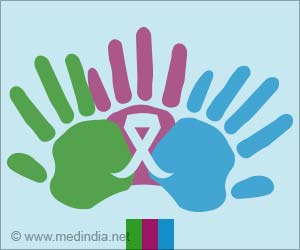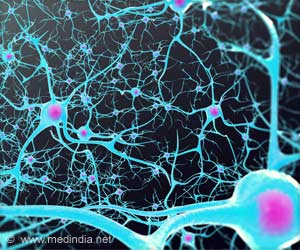A new study shows how it is still unclear as to who exactly can take aspirin to prevent heart attacks and strokes

"Many heart attacks and strokes occur in individuals who do not appear to be at high risk," lead author, Michael D Miedema, MD, MPH said.
"Individuals with known CVD [cardiovascular disease] should take a daily aspirin, but the best approach for individuals without known CVD is unclear." If we only treat high-risk individuals with aspirin, we are going to miss a substantial portion of patients who eventually suffer heart attacks.
"However, liberally prescribing aspirin increases the bleeding risk for a significant number of people who were never going to have a heart attack in the first place. With this study, we wanted to see if there is potentially a better way to determine who to treat with aspirin beyond simply using traditional risk factors," he added.
Aspirin helps prevent heart attacks and strokes by preventing blood clots from forming in arteries lined with unhealthy plaque buildup.
However, this same benefit puts patients taking aspirin at risk for dangerous bleeding, when blood clots don't form where they should.
Advertisement
The study is published in the journal Circulation: Cardiovascular Quality and Outcomes.
Advertisement














